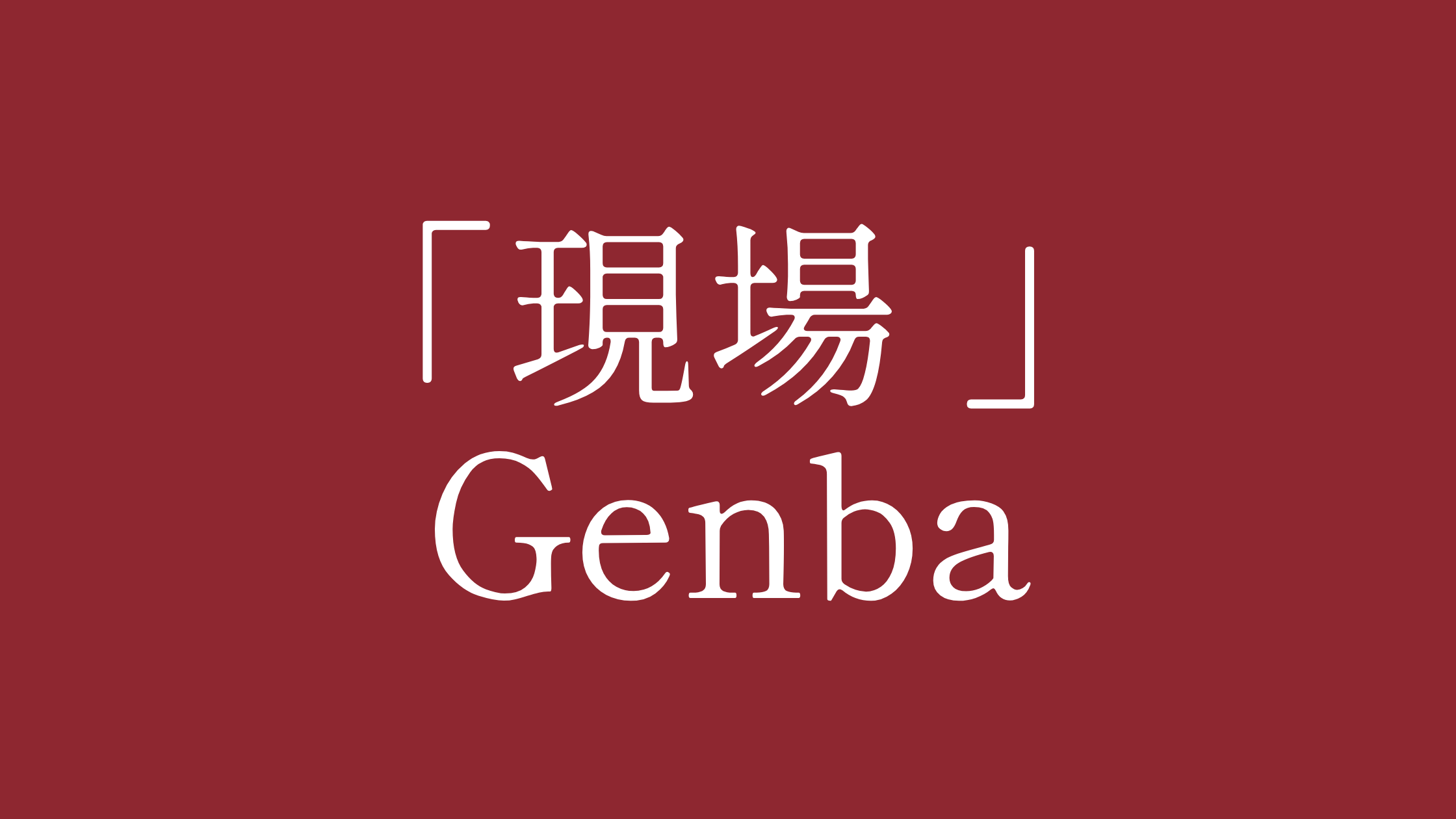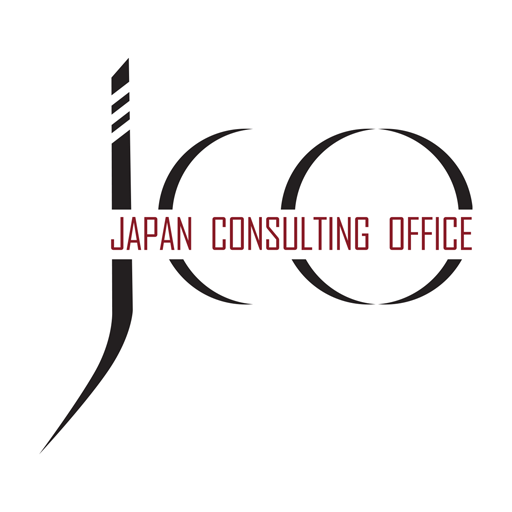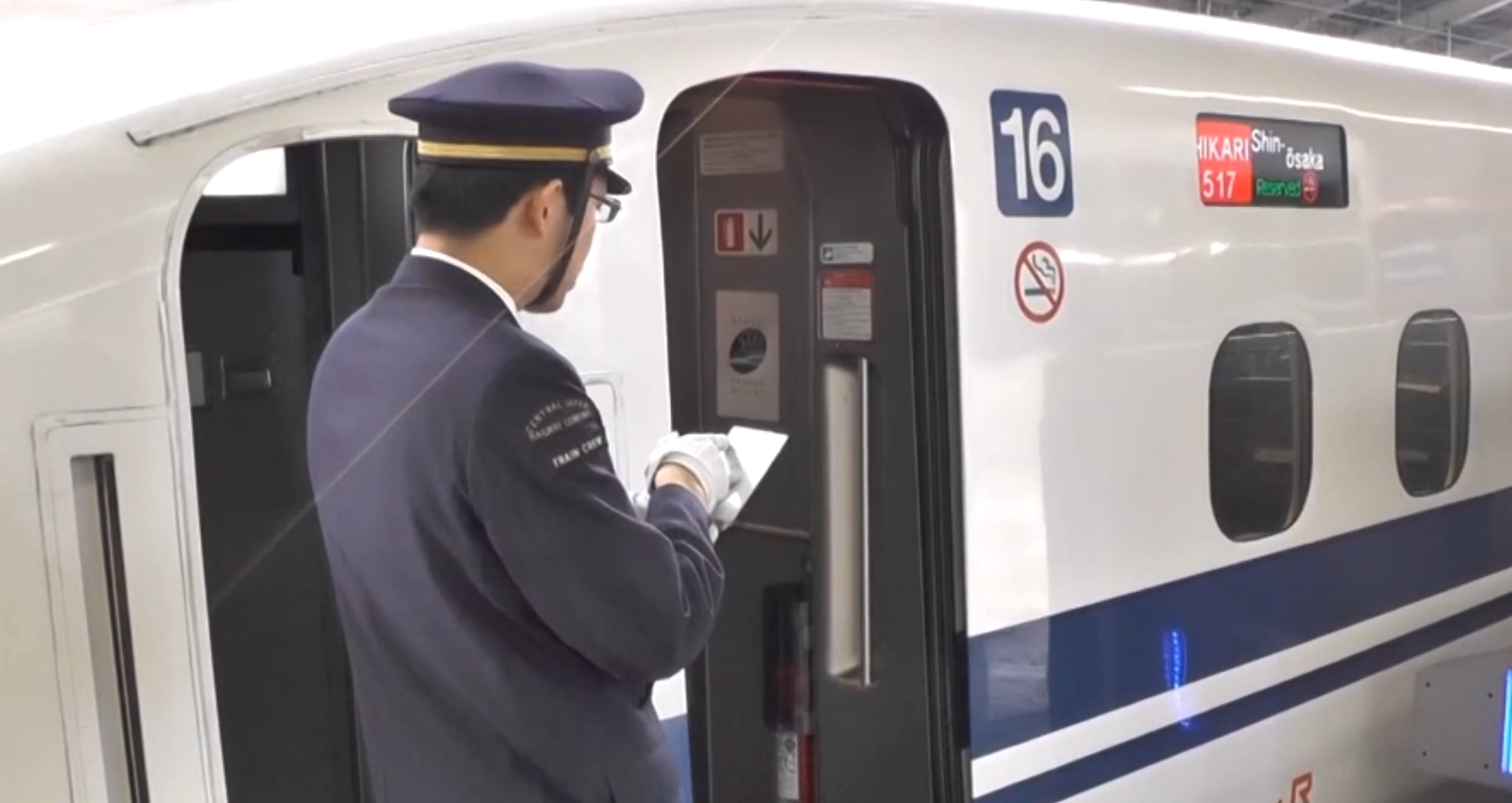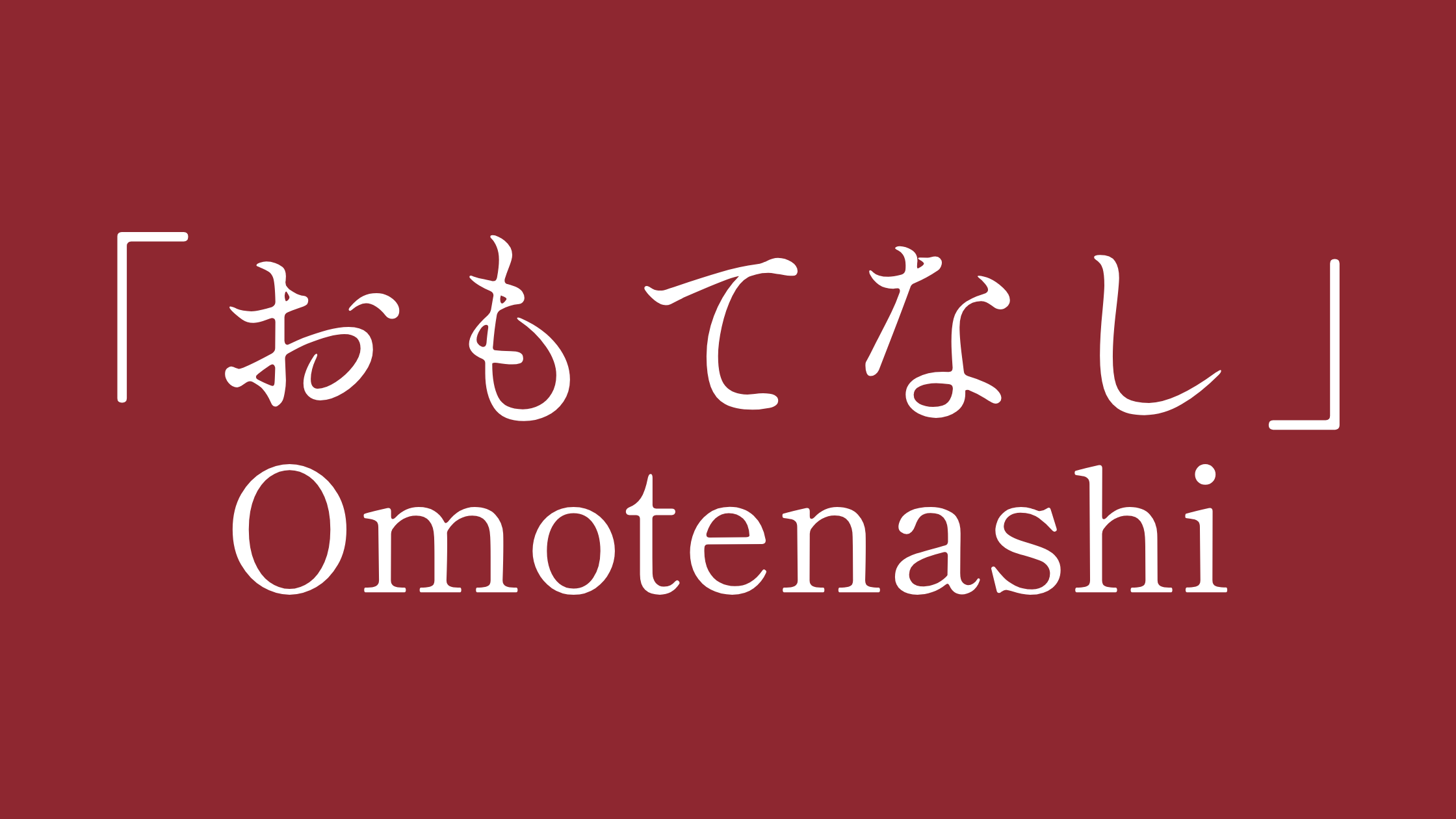
Genba is a key concept in Japanese management, emphasizing the importance of direct observation and engagement.
Genba literally means “the real place”—where the actual work happens, whether in a factory, shop, or office.
In Japanese organizations, leaders and managers are encouraged to “go to the genba” (sometimes expressed as genba genbutsu — go to the real place, look at the real thing, grasp the real facts). The idea is that true understanding cannot be achieved from behind a desk. Instead of relying solely on reports, KPIs, or second-hand information, leaders should see with their own eyes, listen to employees, and directly engage with front-line workers or employees. This practice not only grounds decision-making in reality but also shows respect for frontline workers who create value.
Applying genba means spending time where value is created — whether that’s the production line, a customer service desk, or a client meeting. It involves asking questions, observing processes, and uncovering the root causes of problems. For managers working with Japanese colleagues, showing that you are willing to go to the genba signals humility, commitment, and a practical mindset. Don’t hesitate to use the phrase “Let’s go to the genba” when suggesting that discussions should be backed up by real-world observation.
Ultimately, genba is about ensuring that strategies and improvements are not detached from reality, but anchored in what is actually happening on the ground..





